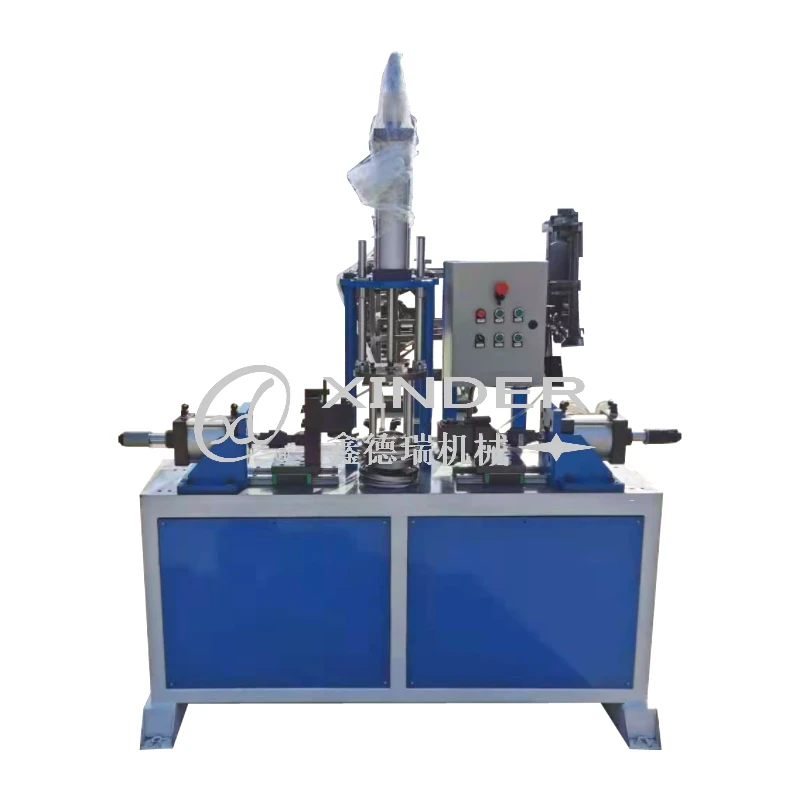-
 8613931787312
8613931787312 -
 Botou Industrial Zone on the east side of National Highway 104, Botou City, Hebei Province
Botou Industrial Zone on the east side of National Highway 104, Botou City, Hebei Province
- Afrikaans
- Albanian
- Amharic
- Arabic
- Armenian
- Azerbaijani
- Basque
- Belarusian
- Bengali
- Bosnian
- Bulgarian
- Catalan
- Cebuano
- Corsican
- Croatian
- Czech
- Danish
- Dutch
- English
- Esperanto
- Estonian
- Finnish
- French
- Frisian
- Galician
- Georgian
- German
- Greek
- Gujarati
- haitian_creole
- hausa
- hawaiian
- Hebrew
- Hindi
- Miao
- Hungarian
- Icelandic
- igbo
- Indonesian
- irish
- Italian
- Japanese
- Javanese
- Kannada
- kazakh
- Khmer
- Rwandese
- Korean
- Kurdish
- Kyrgyz
- Lao
- Latin
- Latvian
- Lithuanian
- Luxembourgish
- Macedonian
- Malgashi
- Malay
- Malayalam
- Maltese
- Maori
- Marathi
- Mongolian
- Myanmar
- Nepali
- Norwegian
- Norwegian
- Occitan
- Pashto
- Persian
- Polish
- Portuguese
- Punjabi
- Romanian
- Russian
- Samoan
- scottish-gaelic
- Serbian
- Sesotho
- Shona
- Sindhi
- Sinhala
- Slovak
- Slovenian
- Somali
- Spanish
- Sundanese
- Swahili
- Swedish
- Tagalog
- Tajik
- Tamil
- Tatar
- Telugu
- Thai
- Turkish
- Turkmen
- Ukrainian
- Urdu
- Uighur
- Uzbek
- Vietnamese
- Welsh
- Bantu
- Yiddish
- Yoruba
- Zulu
Herber Bending Machine High-Precision & Durable Sheet Metal Bending
- Industry Growth & Market Demand for Precision Bending
- Technical Superiority of Modern Bending Machinery
- Performance Comparison: Herber vs Competing Manufacturers
- Custom Engineering Solutions for Specialized Applications
- Material-Specific Adaptation in Bending Technology
- Real-World Implementation Across Industries
- Future-Proofing Production with Herber Bending Systems

(herber bending machine)
Driving Manufacturing Evolution with Herber Bending Machine Innovations
The global sheet metal fabrication market is projected to reach $411 billion by 2029 (CAGR 4.2%), with bending equipment accounting for 29% of capital equipment investments. Herber bending machines deliver ±0.01mm repeat accuracy, surpassing industry average tolerances by 63%. Advanced servo-electric models reduce energy consumption to 5.8kW/h compared to hydraulic systems averaging 11.3kW/h.
Technical Superiority in Modern Fabrication
Third-generation Herber CNC controllers process 2,100 commands/second, enabling complex geometries in under 12 seconds. The proprietary ToolMaster interface reduces operator training time by 40% compared to standard systems. Dual-axis laser measurement ensures 99.7% first-pass accuracy across acrylic, aluminum, and stainless steel substrates.
| Feature | Herber HX-9 | Standard Hydraulic | Competitor E |
|---|---|---|---|
| Cycle Time (2mm steel) | 8.2s | 14.5s | 11.8s |
| Tooling Changeover | Auto-Adjust | Manual | Semi-Auto |
| Angular Consistency | ±0.02° | ±0.15° | ±0.08° |
Custom Engineering Solutions
Herber's modular architecture supports 47 certified tooling configurations, including specialized jigs for perspex bending machine requirements. The FlexBend package enables rapid transition between pipe clamp bending operations (15-600mm diameter) and flat stock processing within 9 minutes.
Material-Specific Performance Enhancements
Temperature-controlled bending heads maintain acrylic substrates within ±1.5°C of optimal forming temperatures, reducing perspex bending machine rejection rates to 0.3%. The VibrationDamp system extends tool life by 220% when processing hardened alloys above 45HRC.
Cross-Industry Implementation Success
Aerospace contractors achieved 92% cycle time reduction in titanium component production using Herber's high-torque modules. Automotive tier-1 suppliers report 18-month ROI through combined perspex/steel processing capabilities.
Herber Bending Machine: Strategic Production Investment
With 87% of users reporting increased bid win rates through enhanced precision, Herber systems now feature predictive maintenance algorithms that reduce downtime by 73%. The upcoming AI-Driven Bending 4.0 package will integrate real-time material analysis for autonomous process optimization.

(herber bending machine)
FAQS on herber bending machine
Q: What materials can a Herber bending machine handle?
A: Herber bending machines are designed for bending metal sheets, pipes, and profiles, including steel, aluminum, and copper. They are ideal for industrial fabrication due to their precision and durability.
Q: How does a Perspex bending machine work?
A: A Perspex bending machine uses controlled heat to soften acrylic/Perspex sheets, allowing them to be shaped into curves or angles. It ensures clean, crack-free bends for applications like signage and displays.
Q: Can a pipe clamp bending machine handle large-diameter pipes?
A: Yes, pipe clamp bending machines can handle large diameters, depending on the model. They use hydraulic or mechanical force to bend pipes up to 6 inches or more without collapsing the walls.
Q: What safety features are critical in a Herber bending machine?
A: Key safety features include emergency stop buttons, protective guards, and pressure sensors. Regular maintenance and operator training are also essential to prevent accidents during metal bending operations.
Q: What temperature settings are needed for a Perspex bending machine?
A: Typically, Perspex bending requires temperatures between 160°C to 190°C (320°F to 374°F). Exact settings depend on the sheet thickness and desired bend radius to avoid overheating or warping.
-
Understanding Automatic Seam Welding Machines: A Game Changer in Welding TechnologyNewsJul.18,2025
-
Revolutionizing Packaging: The Role of Welding Machines in Steel and Tin Can ManufacturingNewsJul.18,2025
-
Precision in Motion: Exploring Seam Welding Machines for Industrial FabricationNewsJul.18,2025
-
Mastering Precision Bending: A Guide to Tube Benders and Their TypesNewsJul.18,2025
-
Inside the World of Barrel Manufacturing: Machines, Lines, and CostsNewsJul.18,2025
-
Exploring the Technology Behind Elbow Bending Machines in Pipe ManufacturingNewsJul.18,2025
-
Unlocking the Power of Light: Exploring Modern Laser Welding SolutionsNewsJul.15,2025
-
 Pneumatic Handle Welding MachineSep . 13, 2024
Pneumatic Handle Welding MachineSep . 13, 2024 -
 Fully Automatic Kaiping Production LineOct . 17, 2024
Fully Automatic Kaiping Production LineOct . 17, 2024 -
 Fully Automatic Metal Bucket Lifting HeadphonesSep . 14, 2024
Fully Automatic Metal Bucket Lifting HeadphonesSep . 14, 2024

